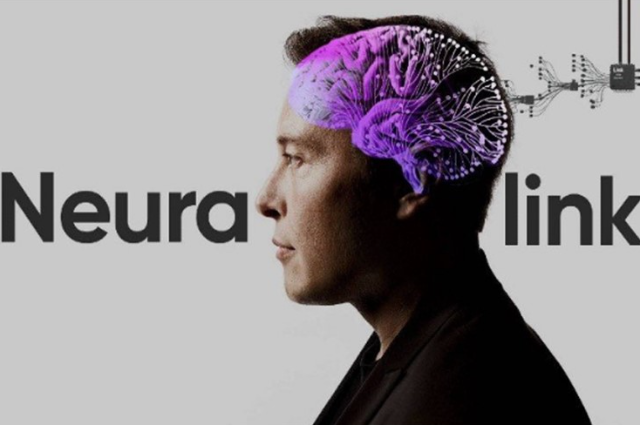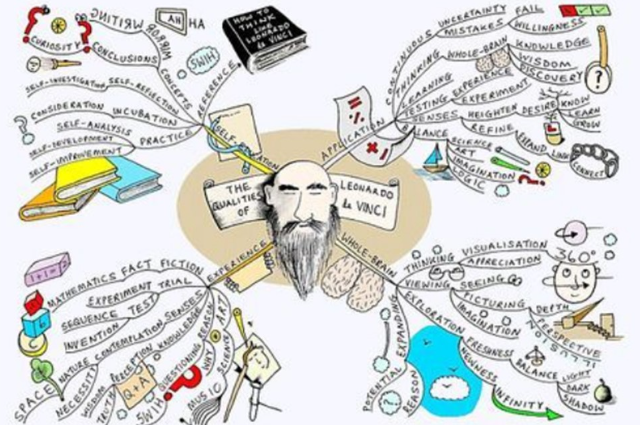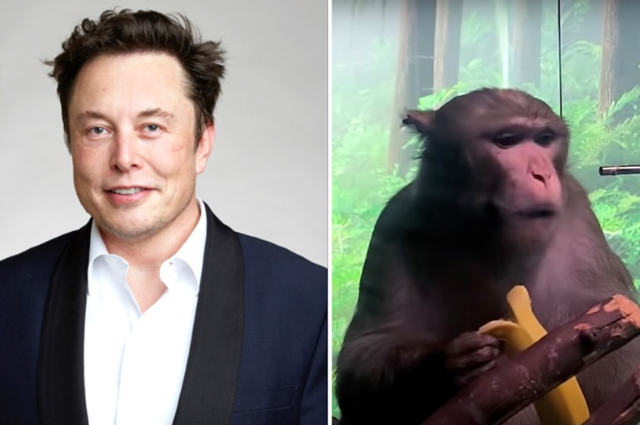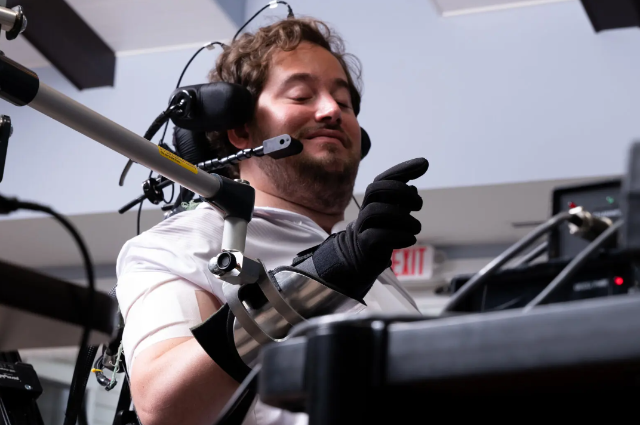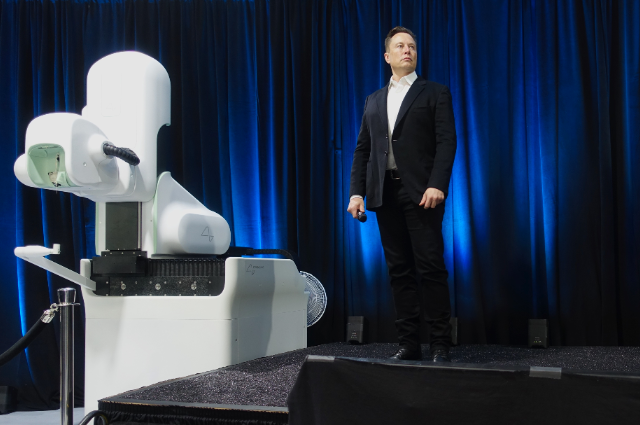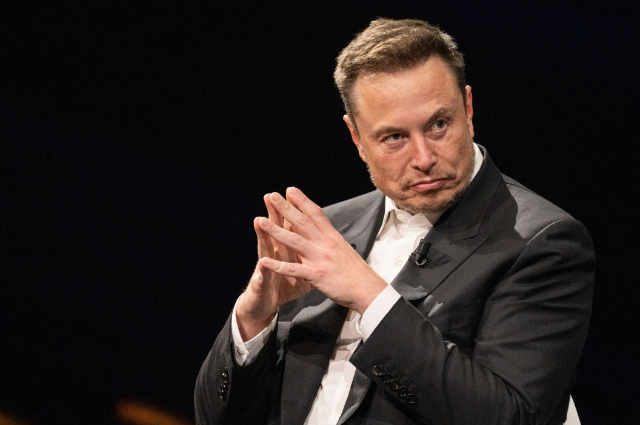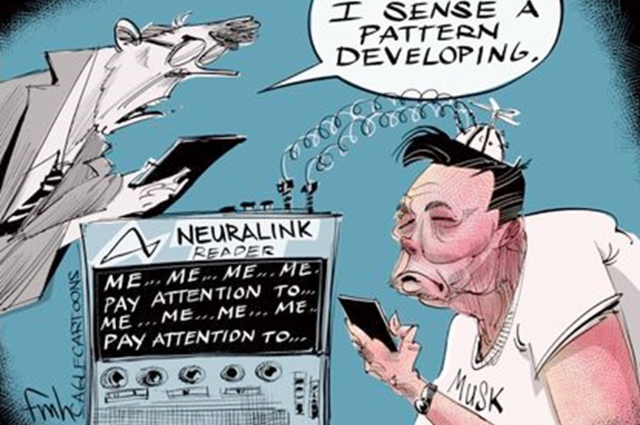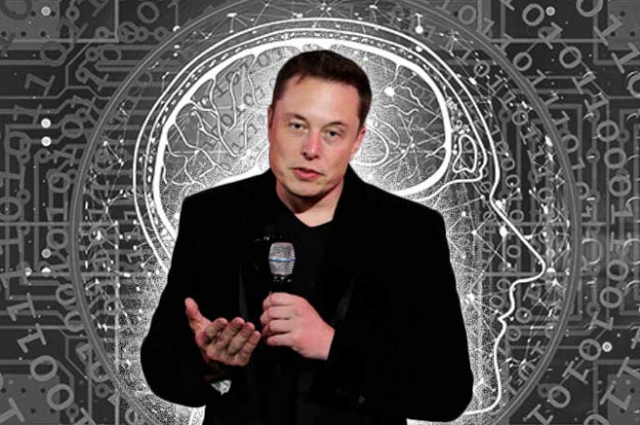Technology is a useful servant but a dangerous master. - Christian Lous Lange
Madness or Genius?
In the midst of the tumultuous whirlwind of technological innovation, a new controversy has emerged to captivate the minds and hearts of the masses: Neuralink.
Is it the beacon of human advancement, illuminating the path to unprecedented heights of intellect and achievement?
Or does its shadowy presence herald a descent into the abyss of dystopia, where the very essence of humanity is at risk?
As society teeters on the precipice of this brave new world, one cannot help but wonder:
Are we witnessing the dawn of a golden age, or are we merely dancing on the edge of madness?
EARLY PIONEERS OF BRAIN SURGERY
From the lofty pursuits of Renaissance polymaths like Leonardo da Vinci, who dared to unlock the secrets of the mind through art and science, to the audacious endeavors of early pioneers of brain surgery, the quest to enhance cognitive abilities has been as timeless as it is tantalizing.
Leonardo, the quintessential Renaissance man, sought to dissect not only the human body but also the enigmatic workings of the human psyche. His notebooks brimmed with sketches and musings on the intricacies of the brain, reflecting an insatiable curiosity that transcended the boundaries of his era.
Similarly, throughout the ages, From the ancient trepanation rituals of prehistoric civilizations to the groundbreaking experiments of 19th-century neurosurgeons, the history of humanity's quest to unravel the mysteries of the mind is replete with tales of daring and discovery.
Yet, with each new revelation comes a shadow of uncertainty, a whisper of trepidation that echoes through the corridors of time. For as much as humanity yearns to unlock the full potential of the human mind, there lingers the ever-present specter of ethical quandaries and moral dilemmas.
What are the limits of our understanding? How far should we tread into the realm of cognitive enhancement before we risk losing sight of our humanity?
As we stand on the precipice of a new era, with the dawn of Neuralink technology beckoning us towards uncharted horizons, it behooves us to heed the lessons of history.
For the pursuit of knowledge is a noble endeavor, but let us not forget the price of hubris, nor the sanctity of the human spirit.
NEURALINK: REVOLUTION OR REVELATION?
This brazen innovation, spearheaded by none other than the enigmatic Elon Musk, promises to bridge the chasm between flesh and silicon, ushering in an era where the human mind may be augmented, enhanced, and perhaps irrevocably altered.
The Neuralink chip, a marvel of engineering and audacity, marks a pivotal moment in our collective narrative, where the boundaries of what it means to be human blur amidst the whirr of circuitry and the whisper of possibility.
But what precisely is this Neuralink chip?
At its core, it is a symbiosis of man and machine, a tiny yet formidable device poised to nestle within the recesses of the human brain. With electrodes delicately poised to interface with our neural circuitry, it promises to decode the enigmatic language of our thoughts and intentions, offering a tantalizing glimpse into the inner workings of the mind.
Medicine, where neurological disorders may be vanquished with a mere flicker of electrical impulse, to the frontiers of cognition, where the limits of human potential are stretched ever further, the Neuralink chip holds sway over realms both sacred and profane.
As society teeters on the precipice of this brave new world, one question lingers like a specter in the night:
Will the Neuralink chip be our salvation or our undoing?
SECRET AMBITIONS BEHIND NEURALINK?
But what truly lies beneath the surface of this technological spectacle?
As ink meets paper, we delve into the heart of controversy, daring to question the motivations of tech titans like Musk.
Are their intentions pure, altruistic endeavors to elevate humanity, or do darker desires lurk within the shadows of innovation.
Behind the progress, could there be a hunger for dominion, a thirst for control masked by promises of enlightenment?
With every whisper of innovation, skepticism lingers in the air like smoke from a smoldering fire, as we challenge the narrative and dare to uncover the truth.
Amidst the cacophony of progress, let us not forget to ask the daring questions.
POLITICAL, REGULATORY, AND CULTURAL QUANDARIES
The political landscape trembles with uncertainty as governments grapple with the notion of regulating technology that delves into the very depths of the human mind.
Questions abound regarding government oversight—are our elected officials equipped to navigate the murky waters of brain augmentation? And what of informed consent? Can we truly give consent when the implications of such technology are shrouded in mystery and uncertainty?
But it's not just politics that tremble at the prospect of Neuralink; our cultural fabric quivers with anticipation and anxiety. What does it mean for our sense of self if we can augment our brains with technology? Will Neuralink reshape our understanding of identity, blurring the lines between man and machine? And what of consciousness - will it be enhanced, diluted, or altogether usurped by the silicon tendrils of progress?
These questions, though uncomfortable and contentious, demand our attention. As we stand at the precipice of a brave new world, it falls upon us to confront the political, regulatory, and cultural quandaries posed by Neuralink.
THE BRAIN'S BETRAYAL?
As society teeters on the brink of a technological revolution, our very essence stands at stake. Are we architects of our destiny or puppets in the hands of innovation?
Opposing Viewpoints:
- Ethicists, warn of a Faustian bargain, where the price of progress is nothing less than our humanity.
- Neuroscientists, question the hubris of tampering with the delicate fabric of the mind, fearing unforeseen consequences.
- Privacy advocates, sound the alarm, decrying the erosion of autonomy and the specter of Orwellian surveillance.
Call to Action:
Let us not be passive spectators to our own fate. Let us demand transparency, accountability, and ethical safeguards from those who wield the power of innovation.
Let us engage critically with the implications of Neuralink, lest we surrender the reins of our destiny to the whims of progress.
Technological progress has merely provided us with more efficient means for going backwards. - Aldous Huxley
This quote by Aldous Huxley, the renowned author of "Brave New World," encapsulates a cautionary perspective on technological advancement. At its core, Huxley suggests that while technology promises progress and advancement, it often paradoxically leads humanity toward regression or negative consequences.
One interpretation of the quote is that technological progress, while offering convenience and efficiency, doesn't necessarily equate to true societal or human advancement. Instead, it can sometimes enable or amplify regressive tendencies, such as loss of individuality, erosion of privacy, or societal stagnation.
Huxley's perspective echoes themes from his dystopian novel "Brave New World," where technological advancements are used to control and manipulate society, ultimately leading to the dehumanization of individuals. In this context, the quote serves as a warning against blindly embracing technological innovation without considering its broader implications on society, culture, and human values.

